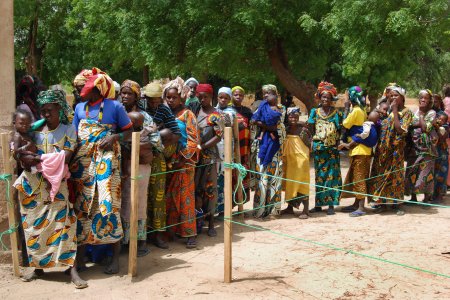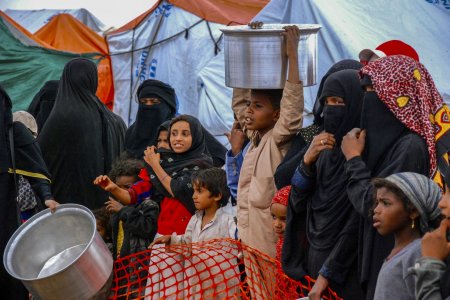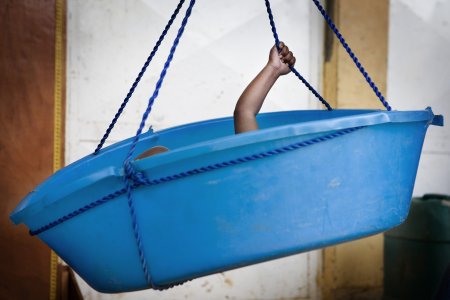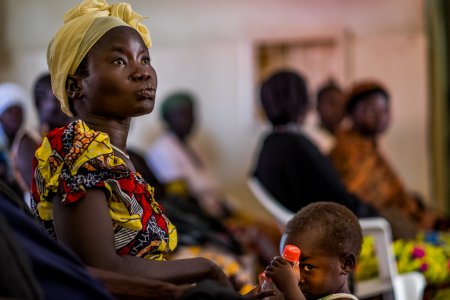 Djerabe Ndegrgar
Opinion
Djerabe Ndegrgar
Opinion
12/30/2022
Michel-Olivier Lacharité
This article was published on December 26th, 2022 on the Souk, the MSF associative website.
Accusing the mothers of malnourished children of being lawless fraudsters is a well-worn trope in malnutrition treatment programmes worldwide – and one that has resurfaced recently in Nigeria, stirred up by health workers and the media. These types of accusations obscure a series of tricky truths on the control of resources, the quality of malnutrition treatment programmes, and on the extreme precariousness in which many families live. We see all of this in northwest Nigeria’s Katsina state, where we are currently conducting the largest malnutrition programme in the history of Médecins Sans Frontières/Doctors Without Borders (MSF).
 Karine Klein
Analysis
Karine Klein
Analysis
07/23/2010
Jean-Hervé Bradol
Using Niger as an example, this text seeks to explore the dilemmas involved in medical responses to child malnutrition when such malnutrition is endemic (strong, permanent presence) and gives rise to seasonal peaks (epidemics) each year.
 Francesco Segoni
Cahier
Francesco Segoni
Cahier
12/20/2009
Jean-Hervé Bradol
Jean-Hervé Jézéquel
Four years after the Nigerian crisis, many things have changed in the nutrition field. This Cahier du Crash aims at considering this evolution and explore new possibilities for action for MSF.
 Robin Utrecht
Opinion
Robin Utrecht
Opinion
07/29/2009
Jean-Hervé Jézéquel
In 2008, Southern Ethiopia was the epicentre of a vast nutritional intervention: more than 100,000 malnourished children received assistance from a mix of actors including both international actors and local health facilities.
 Isabel Corthier
Analysis
Isabel Corthier
Analysis
09/01/2008
Jean-Hervé Bradol
Dr. Jean-Hervé Bradol, Former President of MSF-France presented data based on MSF's experience in Niger that showed the implementation of the UN recommendation for the treatment of severe acute malnutrition was not possible in a high burden setting.
 Djerabe Ndegrgar
Opinion
Djerabe Ndegrgar
Opinion




